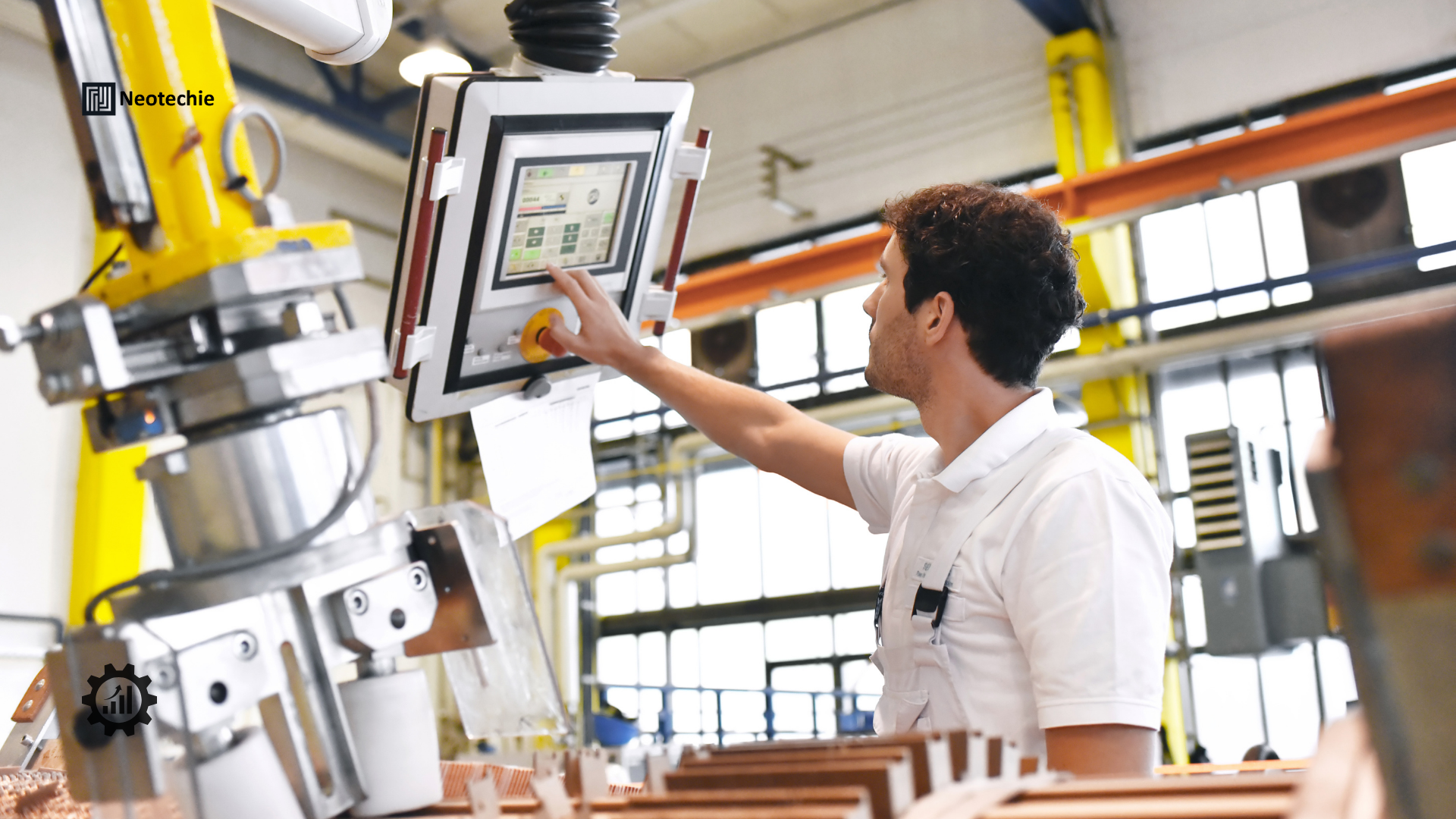RPA in Manufacturing: Streamlining Operations and Enhancing Efficiency
In the manufacturing industry, efficiency and precision are critical to maintaining productivity and meeting customer demands. A manufacturing plant has leveraged Robotic Process Automation (RPA) to automate multiple functions, acting as the ultimate multitasker to enhance operational efficiency and reduce manual intervention.
Inventory Management
RPA plays a crucial role in inventory management by monitoring stock levels in legacy systems. When inventory levels for raw materials fall below a predefined threshold, RPA automatically generates purchase orders, ensuring that the plant never runs out of essential materials. This automation reduces the risk of human error and the need for manual oversight, improving inventory accuracy and preventing production delays.
Optimizing Production Scheduling
At the same time, RPA bots scrape production schedules from various spreadsheets and update the scheduling system to optimize machine usage. By automating this process, the plant can ensure that machinery is used more efficiently, minimizing downtime and ensuring that production timelines are adhered to. This automated approach leads to better resource allocation, higher productivity, and streamlined operations.
Quality Control Automation
RPA also supports quality control by processing real-time data from sensors on the production line. The bots analyze sensor data to identify potential defects, flagging issues for immediate attention. After identifying defects, RPA compiles detailed reports for the operations team, enabling quicker corrective action. This helps maintain high-quality standards and ensures that defects are caught early in the production process.
Summary RPA in manufacturing optimizes inventory management, improves production scheduling, and enhances quality control—driving overall efficiency and reducing operational costs.

